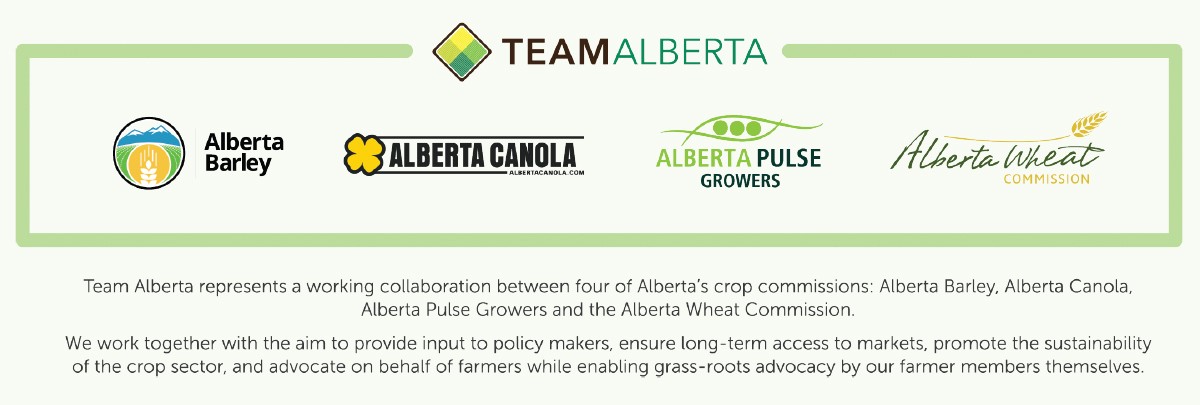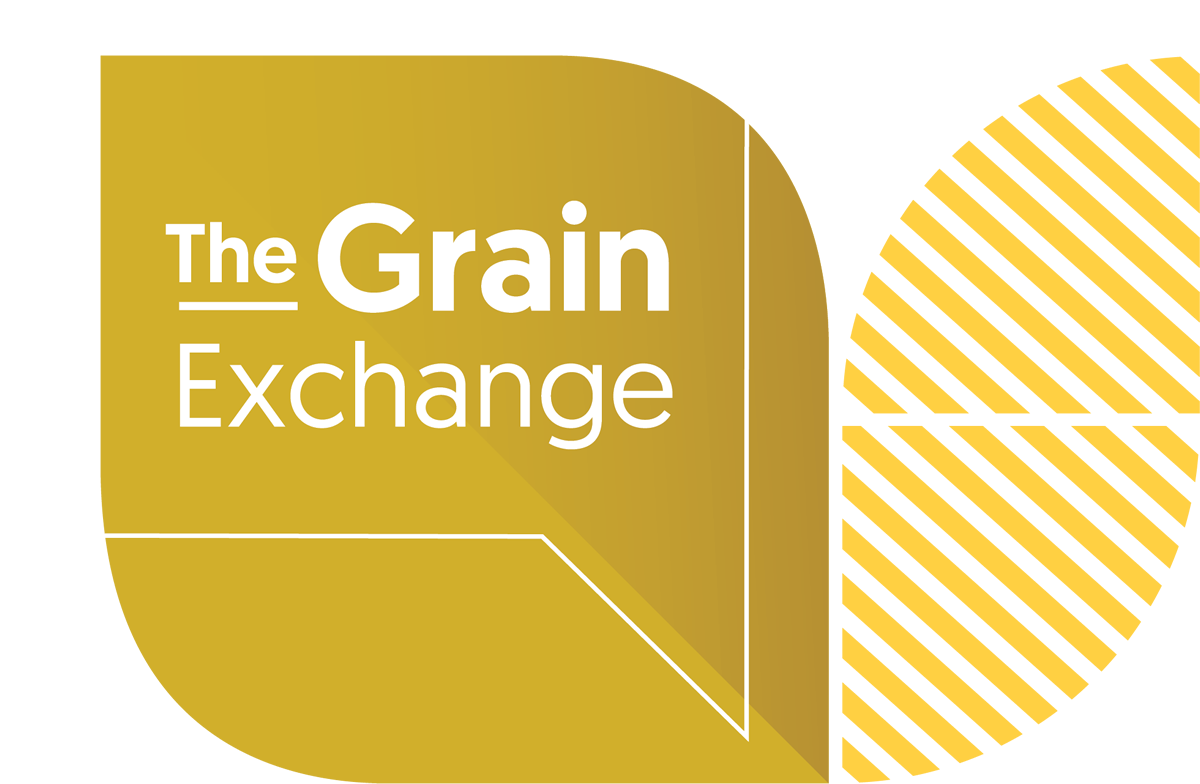Policy TRACKER
Alberta crop insurance premium reduction
On January 25, 2021, the Alberta Government together with Agriculture Financial Services Corporation (AFSC) announced a reduction in crop insurance premiums for the 2021 crop year of 20 per cent. The Alberta Premium Reduction is projected to save farmers across the province around $55 million on their 2021 premiums, with an individual farmer of 2,000 acres saving approximately $8,000 per year. This reduction comes from AFSC’s healthy crop fund reserve, which has grown over the last decade because premiums collected have exceeded payouts. The reduction for AgriInsurance premiums will include premiums paid for Hail Endorsement, Spring Price Endorsement, and Moisture Deficiency Endorsement but does not apply to Straight Hail Insurance. The discount will be applied to your net premiums for the 2021 crop year. The plan is to apply this level of reduction for a five-year period with the possibility for annual adjustments based on events of each previous year. For more information contact your AFSC branch office or visit the Alberta Premium Reduction Q & A fact sheet at afsc.ca.
Changes to Mandatory Entry Level Training for experienced Class 3 drivers
On November 26, 2020, the Government of Alberta announced two initiatives to help reduce the cost and times for Albertans to become Class 1 drivers.
The Experience and Equivalency Class 1 MELT program will recognize the experience and knowledge that farmworkers, and workers in other industries, gain through work experience. The program will recognize Class 3 drivers with a minimum of two years of experience, allowing them to take an abbreviated Mandatory Entry Level Training (MELT), requiring 40-hours of training over the current 113-hours for the new Class 1 drivers MELT.
The Driving Back to Work program will cover up to 90 per cent of the costs associated with obtaining a Class 1 commercial truck licence for unemployed Albertans.
With the MELT extension period for farmers and farm workers now closed, the Alberta Wheat and Barley Commissions, together with Team Alberta, are working closely with Alberta Transportation to explore further measures to address the barriers and concerns that many farmers have with obtaining Class 1 MELT licencing.
More information on the program and applications is available on the Government of Alberta’s website alberta.ca.
Expiration of the Alberta Conservation Cropping Protocol
The Conservation Cropping Protocol has not been renewed by the Alberta government based on technical concerns associated with the saturation of conservation tillage in the province. This comes at a time when the value of the carbon offset, based on the federal carbon tax pricing is set to increase from the current $30/tonne to $170/tonne by April 2030. Alberta producers can continue to generate credits in the 2021 growing season until the
beginning of 2022 when the conservation cropping protocol will no longer be available. Through Team Alberta collaboration, the commissions have appealed to the government to re-assess the decision surrounding this protocol and consider replacing it with a new, sustainable cropping system protocol for 2022. You can read the Team Alberta submission from January 2020 at teamalbertacrops.ca.
Business risk management – federal changes to AgriStability
On November 27, 2020, the federal Minister of Agriculture and Agri- Food Canada, Marie-Claude Bibeau proposed changes to the current AgriStability programs which would see a removal of the reference margin limit and an increase in the compensation rate from 70 to 80 per cent, retroactive to 2020, until 2022 when longer-term changes could be explored and put into place. At the time of writing (Feb.17) the proposal has not received the support required from the prairie provinces to
see the amendments advance under the existing Canada Agricultural Partnership agreement. Prairie provinces are concerned by the strain on their treasures at the existing cost-share funding arrangement with the federal government of 40/60 respectively. The commissions, together with other agriculture sector partners, have encouraged acceptance of the offer as a means of providing short-term improvements to AgriStability and leveraging an expected expansion of funding to the business risk management (BRM) suite envelope by an additional $170 million. A focus on the next iteration of BRM programs, which come into place in March 2023, is imperative and the commissions are supportive of this process.
Recent decisions on chlorpyrifos of Health Canada’s Pest Management Regulatory Agency (PMRA)
In May of 2019, the PMRA released a proposed decision to cancel all uses of the insecticide chlorpyrifos on cereal grain crops with a three- year phase-out period. The commercial product Lorsban, containing chlorpyrifos, has been used in cereal crops to control grasshoppers, cutworms, brown wheat mites and wheat midge. While other chlorpyrifos products are currently available (i.e. Pyrinex, Nufos, Warhawk), Corteva, the registrant and manufacturer of Lorsban, voluntarily opted not to renew registration when the re-evaluation was initiated by the PMRA
as per the 15-year cycle. The commissions expressed concerns about the loss of this chemistry and available alternatives. Specifically, wheat producers will be left with only one registered product for wheat midge, dimethoate, which may not be as effective control. This decision will leave a significant gap in grasshopper control, a concern raised with the PMRA across all crop types. Nonetheless, the final decision was posted on December 10, 2020. Registrants have one year, until December 10, 2021, to cease the sale of products containing this active ingredient. Retailers have until December 10, 2022 to cease the product sales, and farmers have one year following to cease use of the product by December 10, 2023. For more information contact the commissions’ in-house agronomist, Jeremy Boychyn at jboychyn@albertawheatbarley.com.


